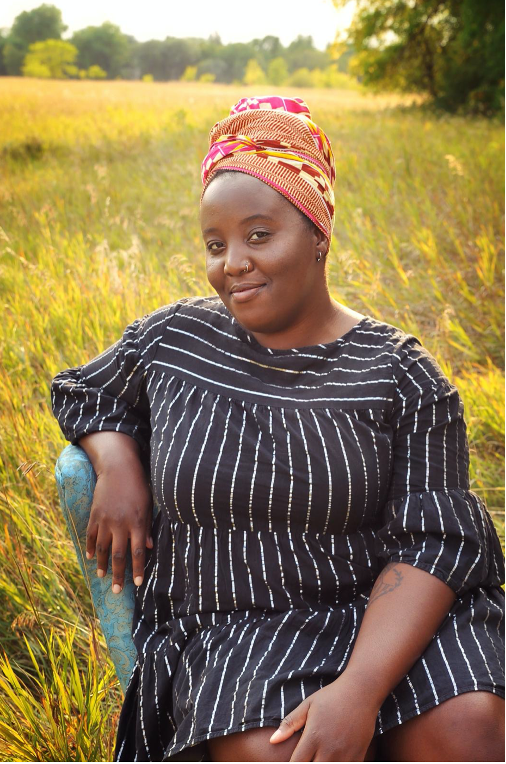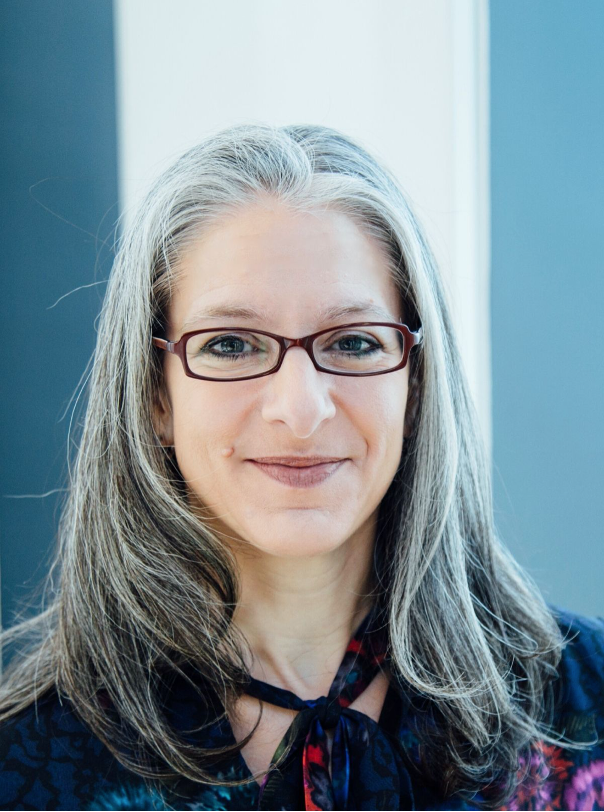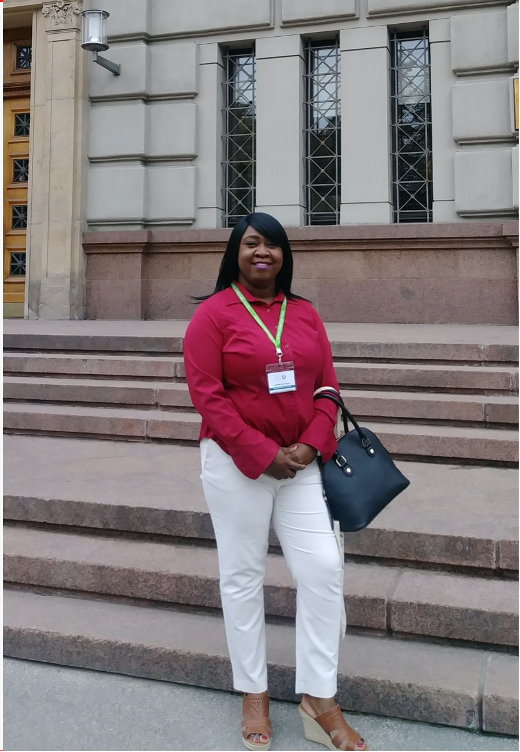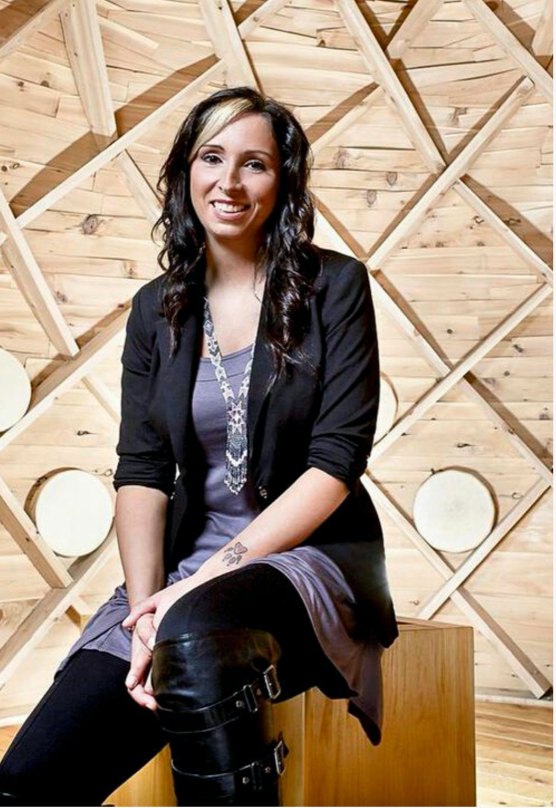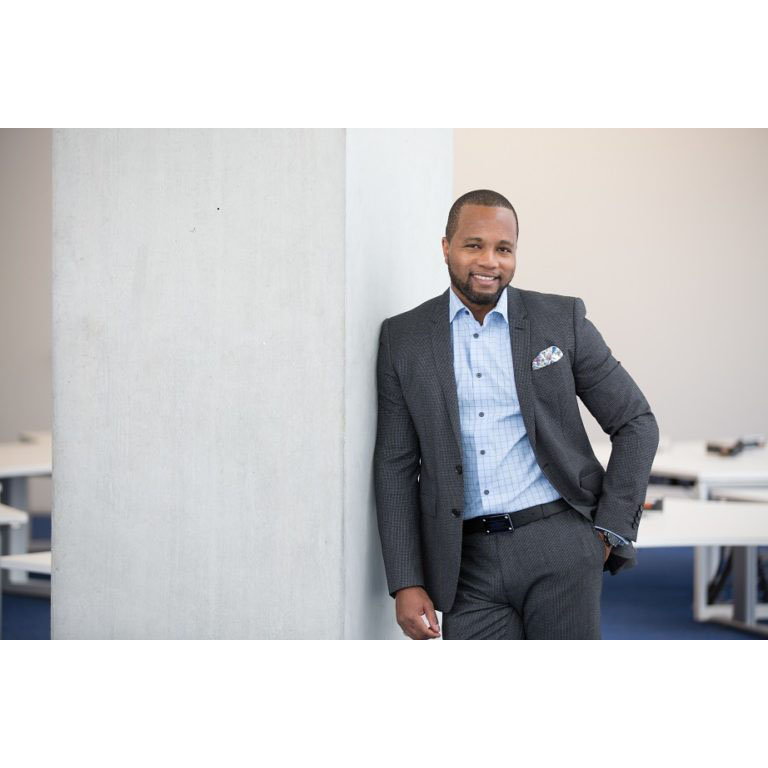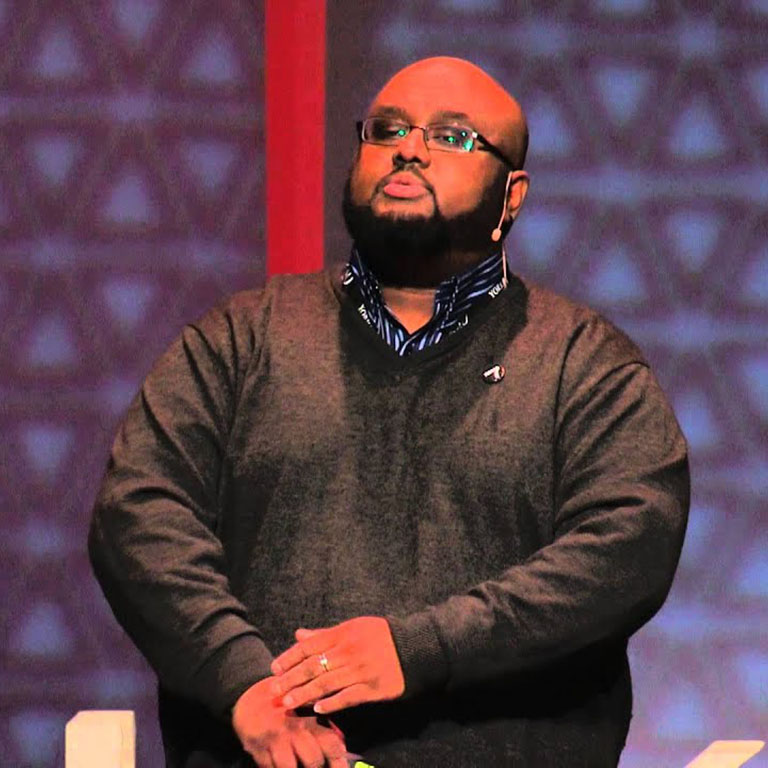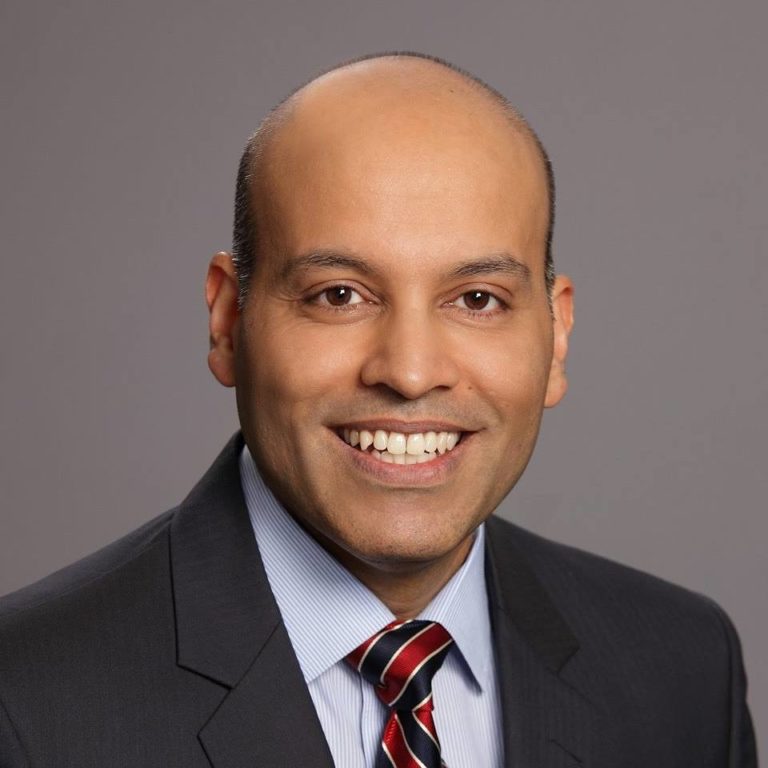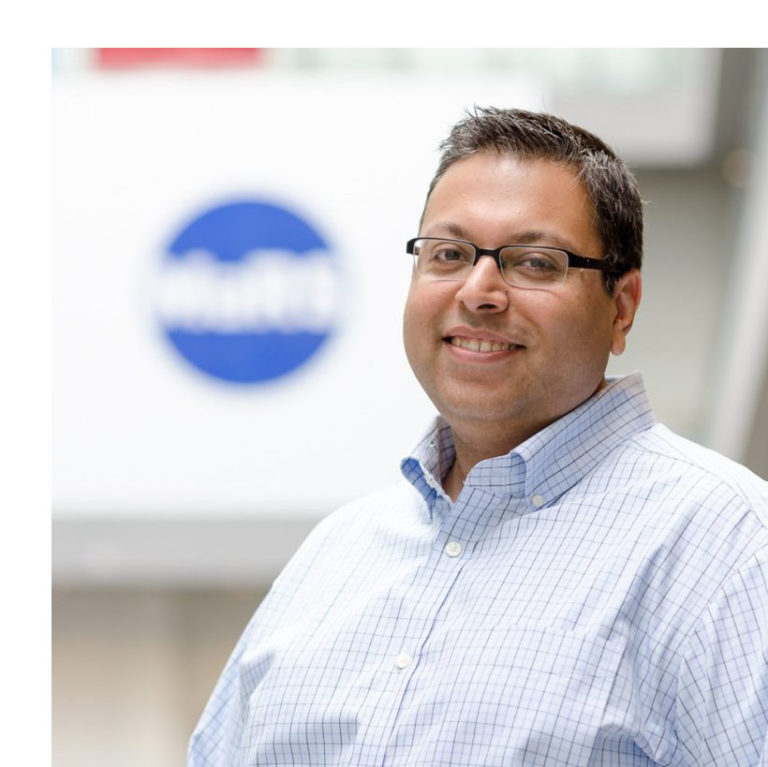The journey towards a diverse and inclusive workplace can be long and difficult — especially in an industry that’s overwhelmingly male-dominated — but David Pathe, President and CEO of Canadian resource company Sherritt International, knows that the benefits still outweigh the challenges. Here’s how his organization is making change.
By Hailey Eisen
When 85 per cent of your workforce is comprised of men, in an industry that’s almost completely male-dominated, making the decision to shift toward a more inclusive culture will naturally pose some challenges. Pair that with an industry plagued with difficult economic times and the challenge becomes even greater.
Despite the obvious roadblocks, David Pathe, President and CEO of Sherritt International — a Canadian resource company with a focus on nickel and cobalt mining, oil and gas exploration and production, and electricity generation — has remained undeterred in his commitment to change.
“Changing culture is a long-term process,” says David, who joined Sherritt in 2007, and became CEO in 2012. “It takes a great deal of effort and commitment by every leader in the organization, and it’s been a tougher and longer road than I thought it would be.”
In an industry that’s long adopted certain ways of thinking, change hasn’t come without some pushback.
“One of our Promises to our key stakeholders, which includes our employees, is a commitment to treating people with respect and being inclusive. Taking a hard position on expected behavior, having difficult conversations and making tough decisions when we witness behaviors that are inconsistent with this promise, is a leadership behavior we expect at Sherritt,” says David. As an organization, he adds, they are committed to creating an environment where all individuals feel safe and comfortable coming to work every day.
“If being a feminist means women and girls should have the same opportunities as men and boys, and treat one another with respect, then I would have thought everyone should be a feminist.”
“In a period when our company, like many others in this industry, has been shrinking rather than growing, it is important to remember that change takes time,” David says. “But we’re doing all we can to ensure we have an inclusive culture, with the right policies and procedures in place and the leadership commitment to support this.”
“It just didn’t make sense to continue doing things the way they’d always been done,” David says. “We were finding that attracting and retaining talent was getting harder and harder, and to be systematically and unconsciously discriminating against an entire portion of the population isn’t logical.”
In 2017, Sherritt worked with Catalyst Canada to deliver unconscious bias training and support in redesigning employee onboarding programs. They also got involved with The International Women in Resource Mentorship Program, which provides women with mentors in senior leadership positions across the industry, and became a member of the 30% Club Canada, a campaign promoting the business case for gender-balanced leadership on boards and in C-Suite positions.
Most recently, David stepped into the role of Co-Chair of the 30% Club Canada Advisory Committee, which he says gives him the opportunity to share his knowledge, experiences, and learnings with other companies ready to make similar changes. He also continues to sit on the Catalyst Canada Advisory Board, showing his support and dedication to creating workplaces that work for everyone.
Sherritt is a global company with approximately 4,000 employees working in Western Canada, Toronto, Cuba, and Madagascar, so change has to be made systematically and strategically. Over the past two years, David’s efforts have been very focused. Ensuring all position descriptions accurately reflect the requirements of the job, improved parental leave and employee benefits that promote flexible working arrangements, promoting three women in to VP roles, and adding another female to the board are some of the noticeable results. Sherritt’s multi-year Diversity and Inclusion strategy will continue to evolve as the culture changes, with the short term focus on training, clear leadership accountabilities and measurable KPIs to monitor progress.
“When women come into the organization and they see those role models, on the board and in senior management roles, it gives them something to aspire toward.”
“Having female representation on our board and on our senior leadership team is important for a number of reasons, but internally it sets an example for the rest of the organization and is without question, good for business,” he says. “It starts from the board down. When women come into the organization and they see those role models, on the board and in senior management roles, it gives them something to aspire toward. Also, there’s no shortage of research around diverse groups and their ability to make better decisions.”
As a father of two teenage daughters and one younger son, and the spouse of a successful lawyer, David’s motivation to continue on this journey is personal as well as professional. “If being a feminist means women and girls should have the same opportunities as men and boys, and treat one another with respect, then I would have thought everyone should be a feminist,” he says.
Meanwhile, he’s continuing to lead the charge in this direction, hoping it will not only provide competitive advantage for Sherritt, but also motivation for others to follow suit.
What is the role of men in gender equality? Over the next year, the 30% Club Canada and Women of Influence are partnering to explore this question. We’ll be sharing the stories of allies — men who are pushing for gender equality in the workplace, or making it happen in their own business. These Champions of Change can act as visible role models, inspiring and guiding other men to follow in their footsteps. If we’re going to level the playing field, we need men to be engaged.







